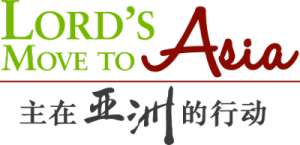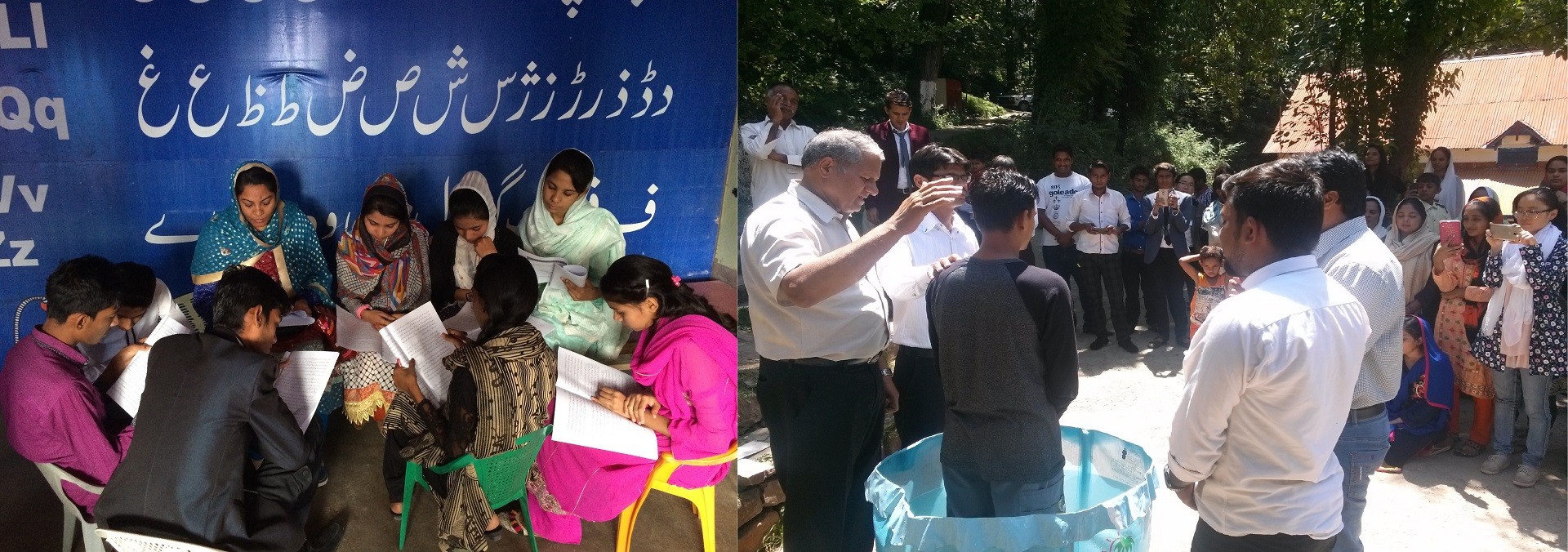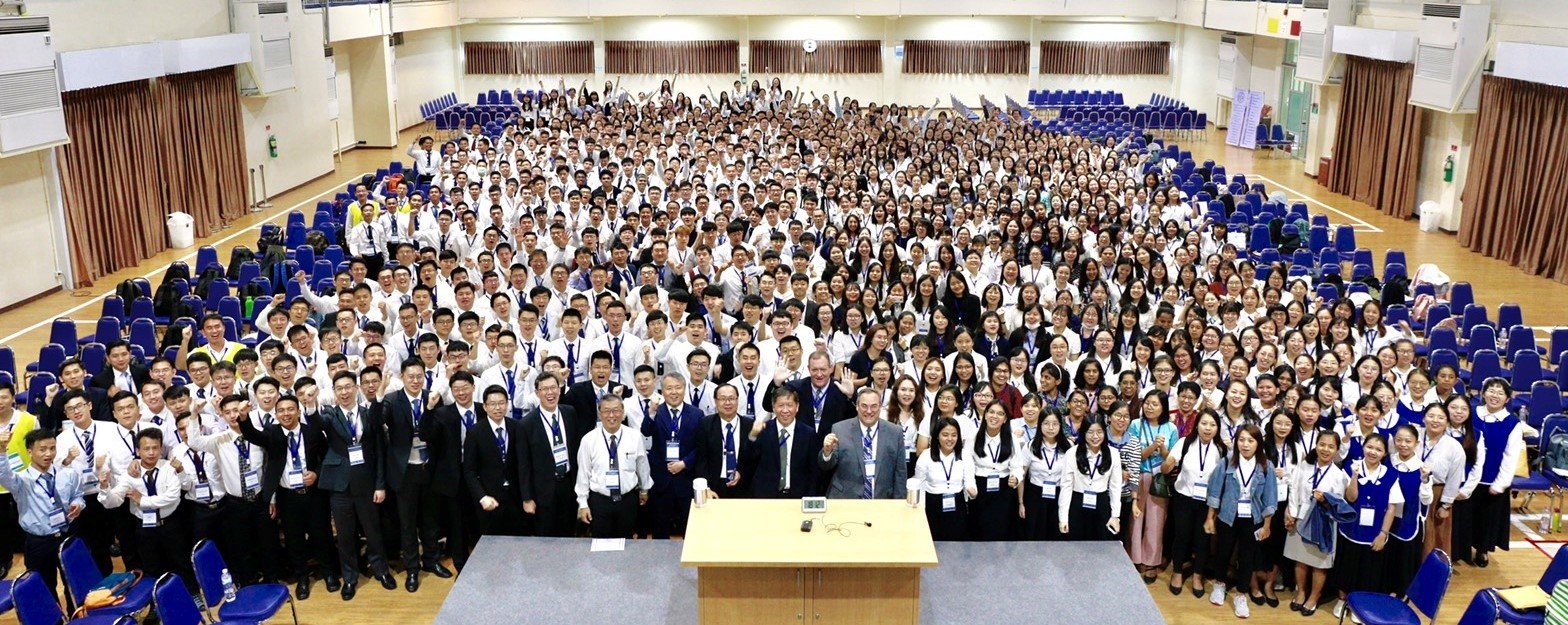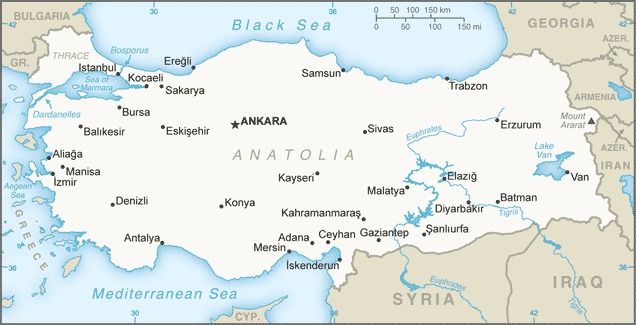Turkey
Background:
Modern Turkey was founded in 1923 from the remnants of the defeated Ottoman Empire by Mustafa KEMAL., who was later honored with the title Ataturk or “Father of the Turks.” Under his leadership, the country adopted radical social, legal, and political reforms. After a period of one-party rule, an experiment with multi-party politics led to the 1950 election victory of the opposition Democrat Party and the peaceful transfer of power. Since then, Turkish political parties have multiplied, but democracy has been fractured by periods of instability and military coups, which in each case eventually resulted in a return of formal political power to civilians. From 2015 and continuing through 2016, Turkey witnessed an uptick in terrorist violence, including major attacks in Ankara, Istanbul, and throughout the predominantly Kurdish southeastern region of Turkey. The Turkish Government instituted a State of Emergency from July 2016 to July 2018. The Turkish Government conducted a referendum on 16 April 2017 in which voters approved constitutional amendments changing Turkey from a parliamentary to a presidential system. The amendments went into effect fully following the presidential and parliamentary elections in June 2018.
Location:
Southeastern Europe and Southwestern Asia (that portion of Turkey west of the Bosporus is geographically part of Europe), bordering the Black Sea, between Bulgaria and Georgia, and bordering the Aegean Sea and the Mediterranean Sea, between Greece and Syria
Area:
783,562 sq km
Climate:
Temperate; hot, dry summers with mild, wet winters; harsher in interior
Ethnic groups:
Turkish 70-75%, Kurdish 19%, other minorities 7-12% (2016 est.)
Languages:
Turkish (official), Kurdish, other minority languages
Religions:
Muslim 99.8% (mostly Sunni), other 0.2% (mostly Christians and Jews)
Population:
82,017,514 (July 2020 est.)
Age structure:
0-14 years: 23.41% (male 9,823,553/female 9,378,767)
15-24 years: 15.67% (male 6,564,263/female 6,286,615)
25-54 years: 43.31% (male 17,987,103/female 17,536,957)
55-64 years: 9.25% (male 3,764,878/female 3,822,946)
65 years and over: 8.35% (male 3,070,258/female 3,782,174) (2020 est.)
Government type:
Presidential republic
Capital:
Ankara
Time difference:
UTC+2 (7 hours ahead of Washington, DC, during Standard Time)
Independence:
29 October 1923 (republic proclaimed, succeeding the Ottoman Empire)
Economy – overview:
Turkey’s largely free-market economy is driven by its industry and, increasingly, service sectors, although its traditional agriculture sector still accounts for about 25% of employment. The automotive, petrochemical, and electronics industries have risen in importance and surpassed the traditional textiles and clothing sectors within Turkey’s export mix. However, the recent period of political stability and economic dynamism has given way to domestic uncertainty and security concerns, which are generating financial market volatility and weighing on Turkey’s economic outlook.
The growth of Turkish GDP since 2016 has revealed the persistent underlying imbalances in the Turkish economy. In particular, Turkey’s large current account deficit means it must rely on external investment inflows to finance growth, leaving the economy vulnerable to destabilizing shifts in investor confidence. Other troublesome trends include rising unemployment and inflation, which increased in 2017, given the Turkish lira’s continuing depreciation against the dollar. Although government debt remains low at about 30% of GDP, bank and corporate borrowing has almost tripled as a percent of GDP during the past decade, outpacing its emerging-market peers and prompting investor concerns about its long-term sustainability.
GDP (purchasing power parity):
$2.186 trillion (2017 est.)
GDP – per capita (PPP):
$27,000 (2017 est.)
Source:
CIA World Factbook







